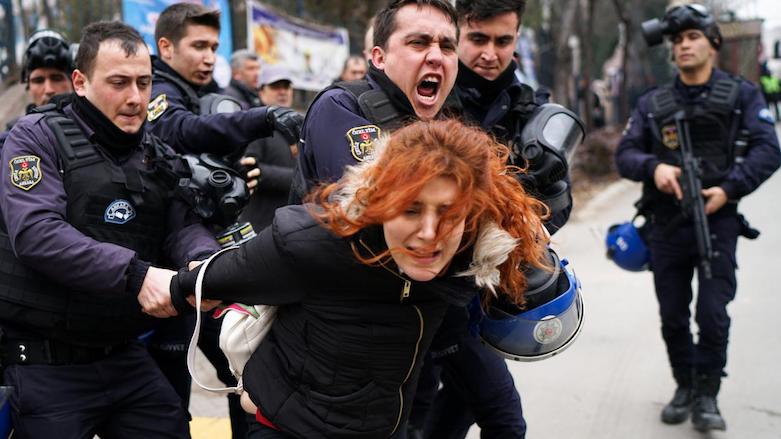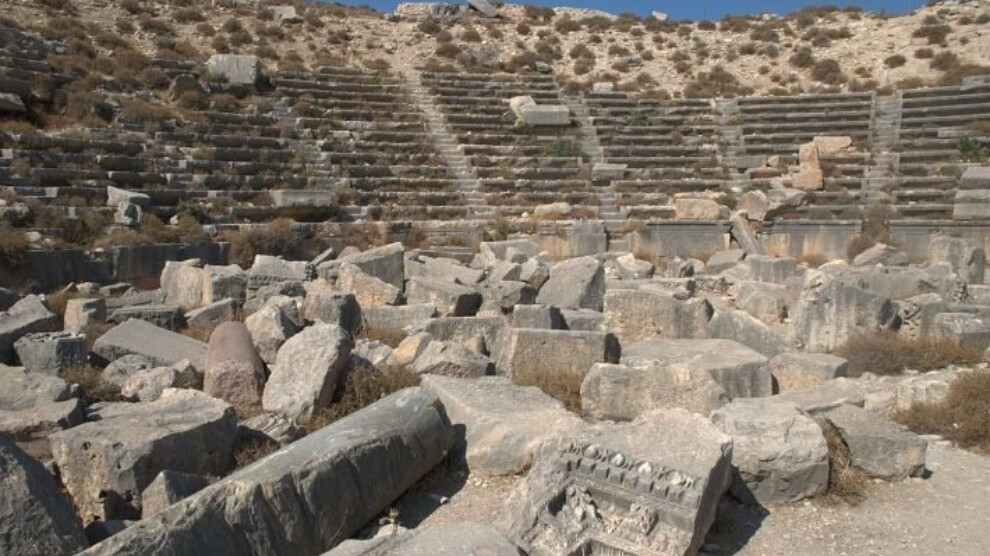As the 2023 elections approach in Turkey, the AKP-MHP government’s crackdown on
dissent, especially against the Kurds, is increasing. As a result of the economic, social and
political crisis in Turkey, reactions against the government are rising. In order to divert
these reactions, repressive methods are increasing in intensity. International legal norms
and principles of democracy are becoming dysfunctional and serious problems are being
experienced in the field of human rights.
The AKP government ended the democratic solution project after losing its majority in the
June 2015 elections. In the 1990s, the AKP changed the form of the evacuations of the
villages, the unsolved murders of the opposition and the Kurdish press, especially in the
field of press and media, and reverted to repressive methods that exceeded those of the
1990s. The AKP developed an alliance with the ultra-nationalist party MHP and
determined the methods of intimidation of the society as the decisive policy. 2016’s
attempted coup used to suspend democratic and human rights norms and build an
autocratic government.
In the aftermath of the attempted coup in 2016, Turkey has stepped up its unlawful
attempts to shut down, seize and arrest democratic-legal institutions and, in some cases, to
intimidate them by kidnapping them. The Turkish state’s policy of crushing dissent, which
has been in place since the 1980s, has varied and softened over time, but has always been
essentially one of intimidation. The aim has always been to prevent them from organising
through anti-democratic, anti-human rights methods, to create an atmosphere of fear and
to render them dysfunctional. In the 1980s, this took the form of torturing and imprisoning
the Kurds and opposition groups to death, in the 1990s it took the form of disappearances
through unsolved murders, and in the period of AKP-MHP rule, it has taken the form of
creating non-existent crimes through false confessions and putting them in prisons,
punishing them through the legal system it has seized and rendering it dysfunctional. There
have always been problems with freedom of thought and expression in Turkey. Since the
1990s, Turkey has justified its repressive practices with the fight against terrorism and
convinced international public opinion. The real reason is to suppress and disable its
opponents.
In his report to the 35th session of the Human Rights Council in 2018, David Kaye, the UN
rapporteur on freedom of opinion and expression, presented a comprehensive report on
freedom of opinion in Turkey. He stressed that “Turkey has fallen behind the 1982
constitution with its practices” under the AKP-MHP government. “At least 177 media
outlets have been shut down, 231 journalists have been detained, more than 150 journalists
have been arrested, and Turkey has used a ‘vague’ anti-terrorism law, the full extent of
which is unclear, as a pretext to prosecute journalists, artists, writers, academics, press
organisations. Kaye said there were serious doubts about a fair trial because of
interference in the judiciary. ”
Repression against the journalists (PDF)
Centre Kurde des Droits de l’Homme
Rue des Savoises 15, 1205 Genève – Suisse


